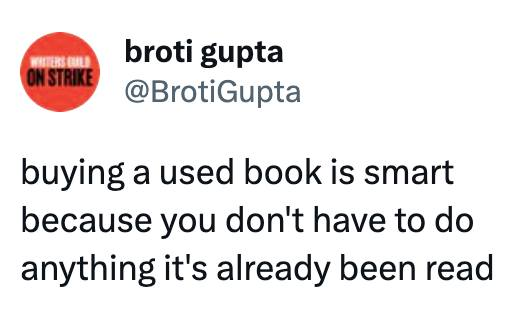Just finished "I'm Awful, Thanks" by Lara Pickle. A good story that serves as a guide to managing emotions, although it's actually a cute story too, not just framing for the mental health discussion.
That said, I feel like it doesn't get far enough into the details of accepting self-control as our only form of real control vs. understanding that some events outside our control aren't fair or are others' attacks, and trying to manage our own emotions as our only response is a disservice to ourselves and others. Even further, I suspect that the HR resolution depicted here, while not impossible, is less frequent than much worse outcomes, which is part of a larger pattern of systemic assaults on our mental health that aren't totally solvable with individual emotional regulation.
Sure, leveling up one's control of ones own emotions and learning to accept and manage a range of emotions is super useful and it's a good thing overall, but the systemic problems of late stage capitalism are real, and making it seem like everyone is responsible for managing their own mental health in the face of these problems helps avoid confronting them.
Still, it's a good book overall, with vibrant art and a well-structured plot.
#AmReading #ReadingNow
